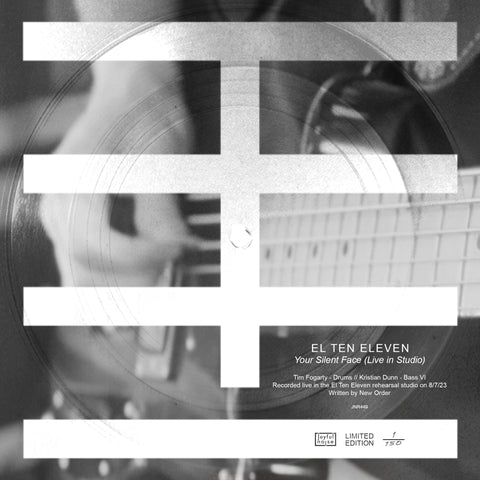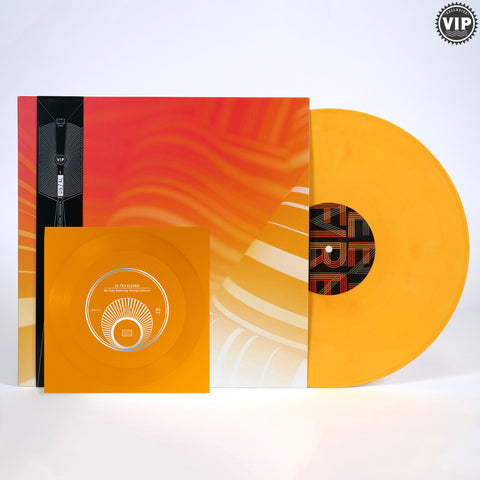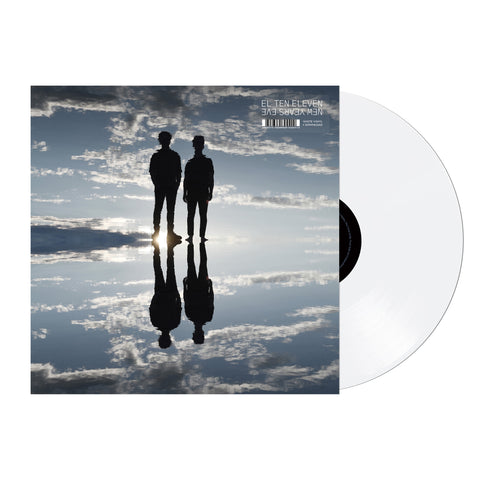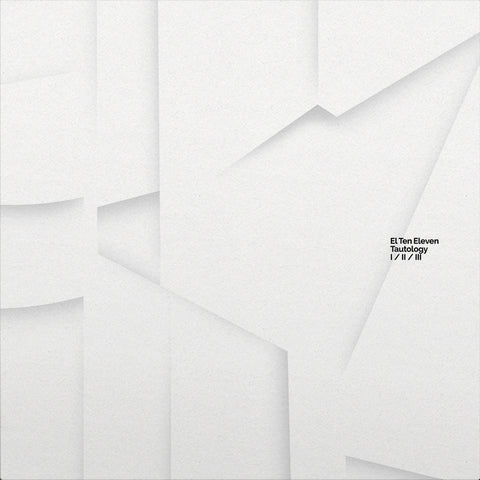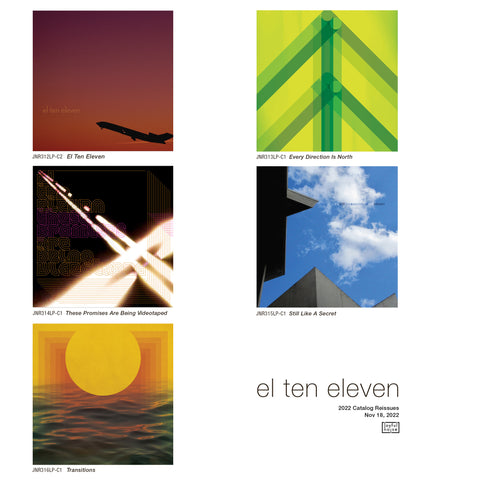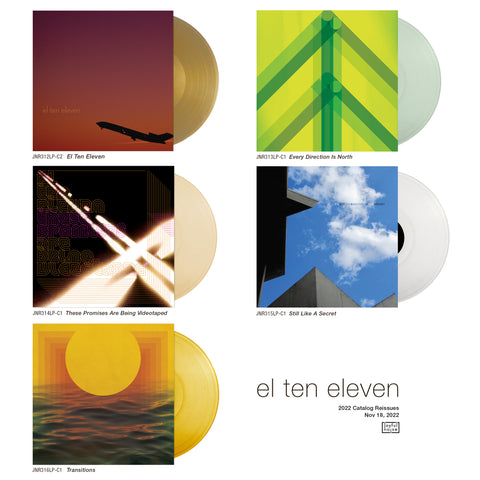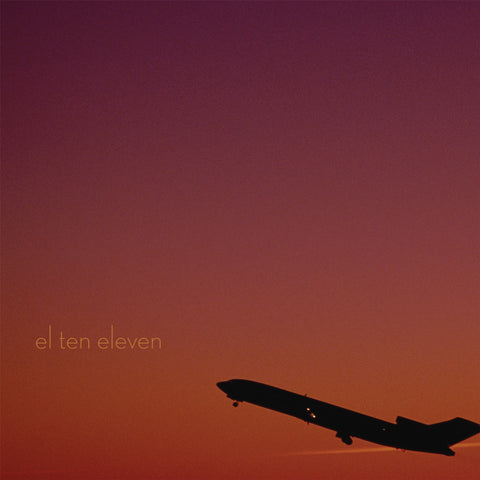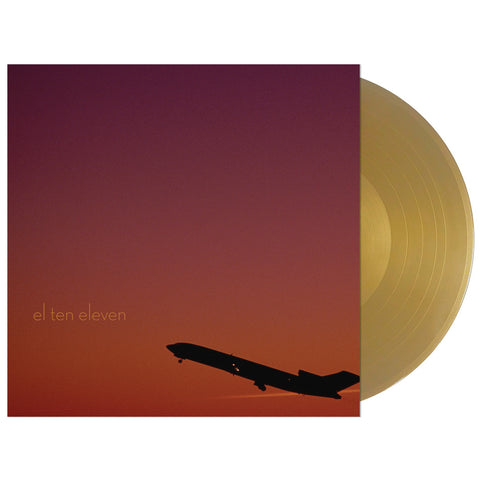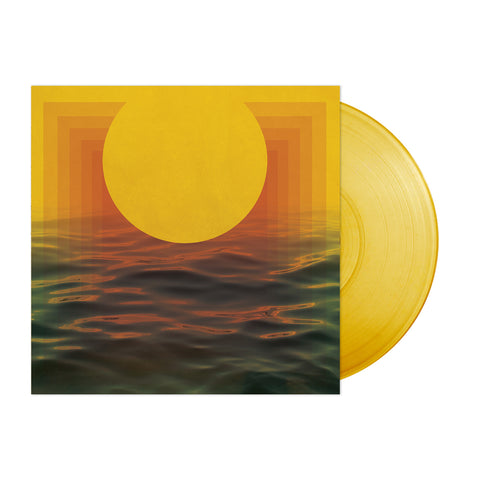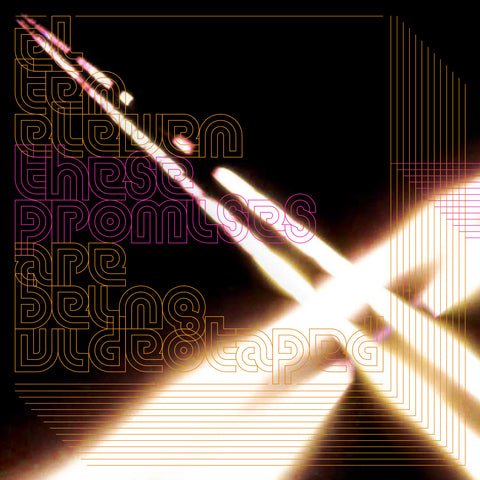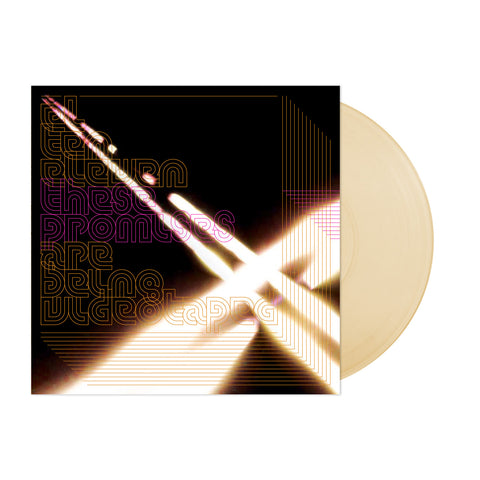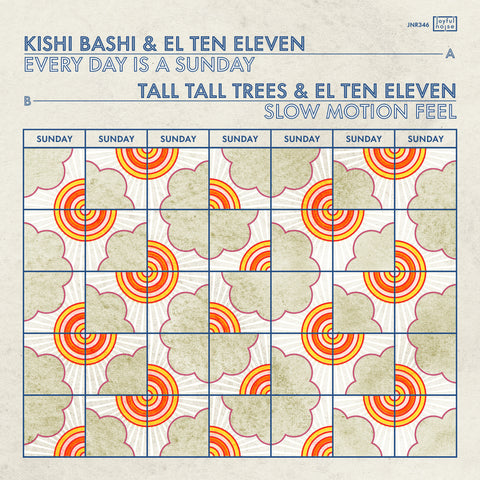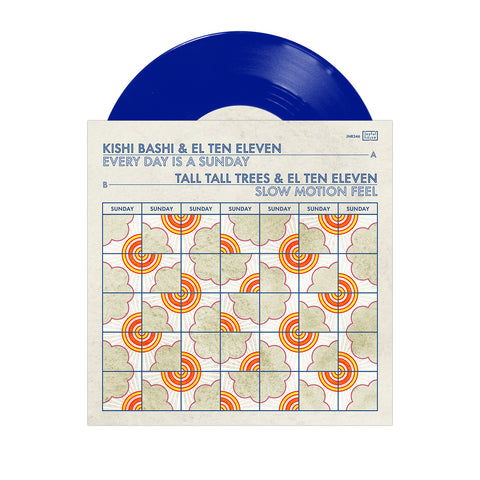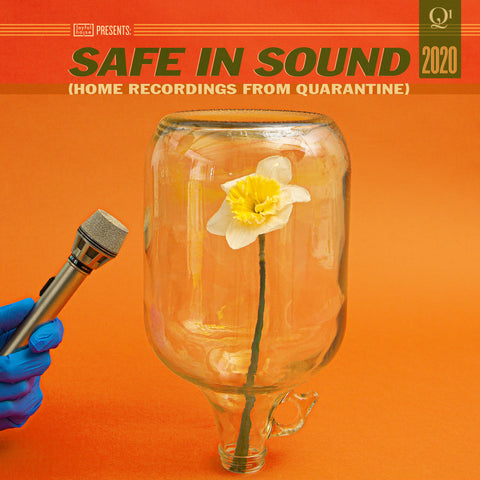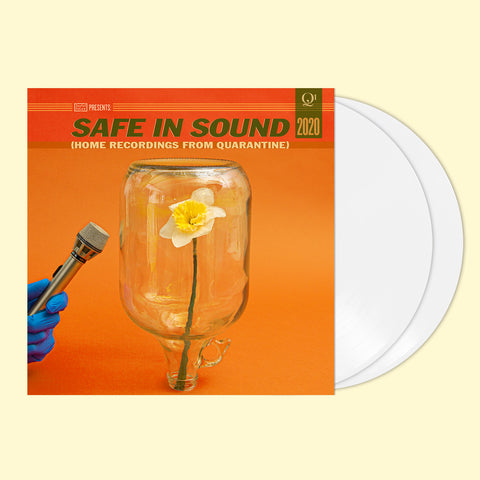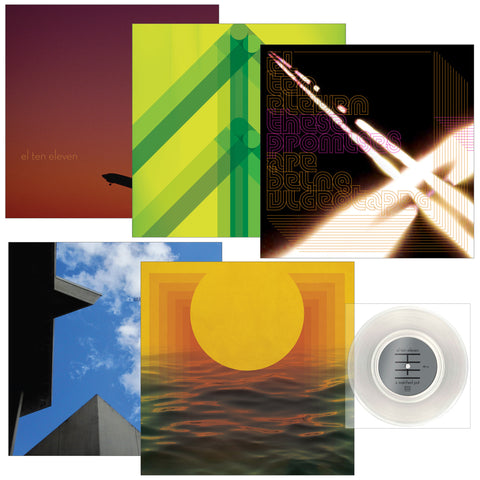
El Ten Eleven
Defying expectations is standard operating procedure for El Ten Eleven. Seriously, who would expect two instrumentalists to create such a large and complex sound? But thanks to inventive arrangements and a masterful use of looping, Dunn (bass/guitar) and Fogarty (drums) developed a pulsating sound full of atmospheric intensity. They’ve also crafted an incredibly durable career, and the duo credit the ongoing interest in their debut album as the foundation for that success.
Early on Dunn feared the quirkiness of the group’s two-man band approach would overshadow their music. “When we first started and we made that first record, I was really worried that people would only be interested in the novelty of us looping and playing everything by ourselves as just two people,” Dunn shared. “I was worried that they wouldn’t be moved by the music. But as it turned out, although people were impressed that it was just the two of us, they love the music.“
The music of El Ten Eleven has been embraced by fans of many genres — from math rock, to jazz, to lo-fi hip-hop. The duo’s sound is sharply evocative in mood and feeling, yet simultaneously abstract and meditative. The combination of these qualities has stimulated the imagination of the group’s fans, and gives space for listeners to assign their own value and meaning to the sounds. “I’m aiming for emotional impact when I come up with songs,” Dunn explained. “Does it move me? Does it make me feel something? Sometimes it doesn't. Sometimes it's technically interesting but it doesn't make me feel anything. But I don't want music that's interesting. I want music that's emotionally resonate.”
When El Ten Eleven was released in 2004, on-demand music streaming services were still in their embryonic phase. The growth of those services would be a consequential factor in introducing El Ten Eleven’s music to the world. Dunn views the development of digital music distribution services as a liberating force for artists, an effective channel to sidestep the suffocating control of corporate media. "Really, this is a Golden Age of music,” Dunn observed. “I think this is the greatest time in history to be a musician. We don't have to rely on MTV or a radio station to be heard. If you make something great people will find it. I'm not saying what we did was great, but that's what we were aiming for. I figured people would find us and they did. It took a long time, but it worked."








